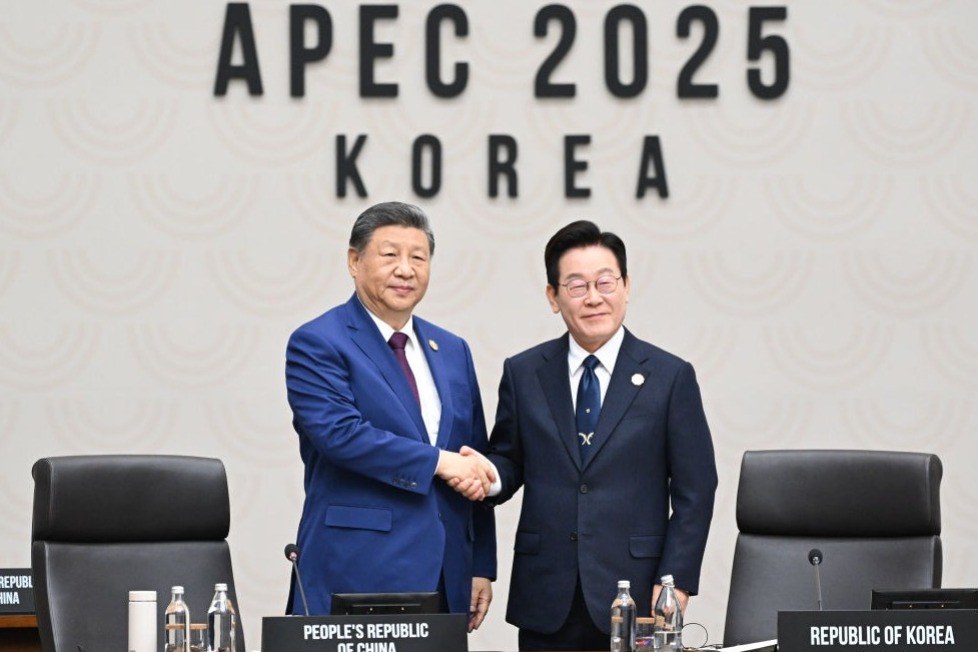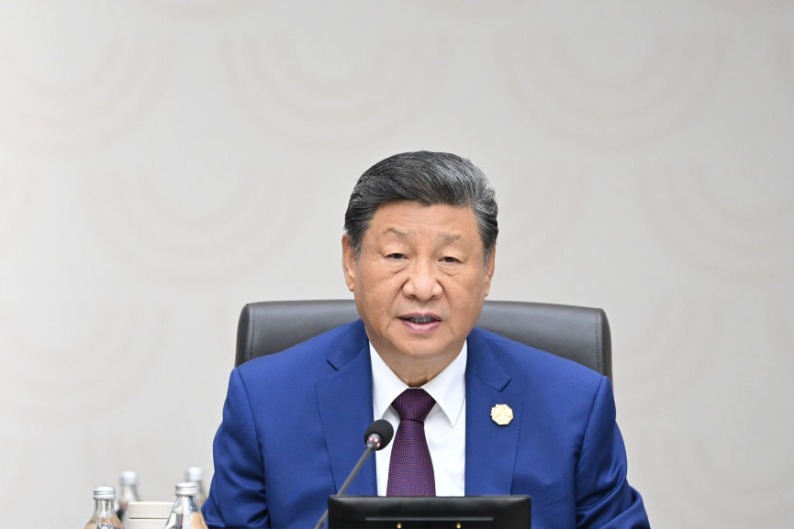New architecture urged for Middle East security
By Zhang Yunbi | China Daily | Updated: 2022-09-22 07:29

Senior Chinese diplomats have highlighted the urgent need to promote "a new security architecture in the Middle East" and advance common security in the region to deal with spillover effects of geopolitical conflicts, the COVID-19 pandemic and the food crisis.
They made the point at the Second Middle East Security Forum on Wednesday, a high-end forum of prominent political figures and scholars from China and the Middle East held simultaneously at offline venues and via video link.
The Global Security Initiative, first put forward in April by President Xi Jinping, became a buzz phrase at the forum.
The GSI is an initiative based on the realities in the Middle East and the changing international landscape whose aim is to chart the way forward for realizing peace and security in the Middle East and the world, Chinese officials said.
In a prerecorded video address at the forum's opening ceremony, State Councilor and Foreign Minister Wang Yi elaborated on China's four-point proposal for implementing the GSI and fostering a new security architecture in the Middle East.
The four points are: The vision of common, comprehensive, cooperative and sustainable security should be upheld; the leading role of countries in the region should be affirmed; the purposes and principles of the UN Charter should be observed; and regional security dialogue should be strengthened.
"Instead of seeking one's own absolute security, comprehensive measures should be taken to address both traditional security challenges and nontraditional ones," he said.
"Sustainable security should be pursued by easing differences through development and removing the ground that breeds insecurity," he added.
Adnan Badran, former prime minister of Jordan, said "the challenges of arms proliferation, climate change, food security, maritime security, migration and unemployment among the youths are serious threats to the region's security and stability".
He hailed the China-proposed Belt and Road Initiative and said he welcomes China's engagement in the region and is seeking economic cooperation in regard to development.
Vice-Foreign Minister Deng Li said that the lingering turbulence and conflict in the Middle East are "largely attributable to the competition of major powers and foreign interference".
"China supports regional countries in addressing security issues through unity, and supports their people in independently pursuing their own path of development. The essence is to support countries and people in the region getting rid of external meddling and holding their destiny in their own hands," Deng said.
Beijing will continue to encourage inclusive political dialogues for reconciliation, actively take part in economic and social reconstruction in the region, and contribute Chinese wisdom to the realization of solutions to hot-spot issues, he added.
























